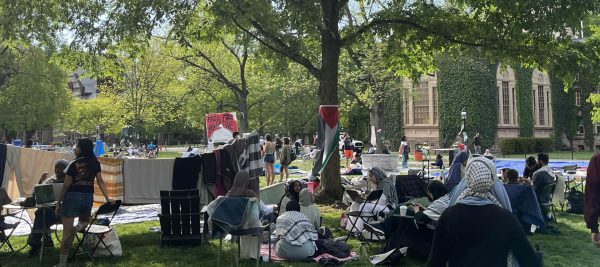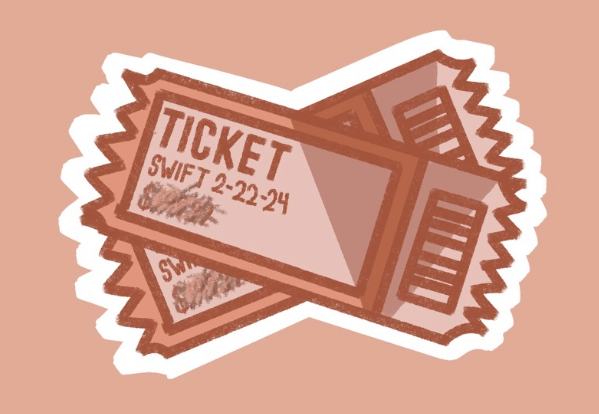Online classes should be more accessible and promoted at East

A student takes an online course over the summer.
Last year, the limits of virtual teaching and learning were tested as thousands of Cherry Hill students chose to learn from home for much of the school year. This year, much of the pre-Covid normalities have returned as students have made their way back into the building. For Cherry Hill High School students, online summer classes remain an option for those willing to participate in them, albeit at a price. These classes should be more promoted and made more accessible for East Students.
The main benefit of these courses for students is that taking classes during the summer gives students the ability to take more elective classes during the school year. Cherry Hill East currently offers over 100 different elective courses, so promoting online classes would allow students to take classes they are less interested in over the summer and spend their school year taking electives that they are more interested in. Another benefit of this approach is that students who know which field they want to work in can focus on elective classes they are interested in during the school year while taking required classes during the summer.
Although some may argue that learning virtually is less effective than in person learning, virtual classes offer many benefits that in person learning does not. For instance, virtual classes allow students to go at their own pace and organize their work schedule around other events in their lives. This flexibility could help students organize their time so that they are less stressed with their work and so that they get more sleep each night. It also allows students to set more flexible work schedules with their possible summer obligations such as jobs, sports, or extracurricular activities.
Another issue of concern to people may be the knowledge and information learned compared to a standard in person course. Raine Guidarelli (‘24) took U.S. History I this past summer and shared his opinions on the course. Guidarelli wrote that although the information was condensed into a period of a few months, he felt his information retention was similar to that of a regular school year. Guidarelli also wrote that he felt that the summer course “was actually harder than virtual world history,” from his freshman year. He wrote that his courses consisted of a series of 50 lessons and short quizzes paired with them. In addition to these smaller lessons, he had to complete 12 forums (short response questions), 12 essays, and 6 major tests throughout the course.
Although there are benefits to these online courses, the issue of accessibility remains. The courses cost upwards of a few hundred dollars, though the price varies from course to course. Some families and students may be unwilling or unable to pay such a price for an online course, cutting some students off from the opportunity to take classes that better suit their preferences. Guidarelli, though unsatisfied with the high cost, wrote that he planned to take another online course in the future.
Even with this issue, taking an online course could be a good decision for students in the long run. If a student decides to take an AP course with their freed up schedule spot, they could earn credits from that course for college later on. Earning these credits saves students time and money during their college experience.
Regardless of whether the high prices change, the summer courses offer a beneficial option for students looking to free up time in their in-person schedules so that their high school experience is more suited toward their personal interests and aspirations.

Matthew Rentezelas is currently in his senior year and is this year’s Managing Editor. Outside of Eastside, he plays soccer for East and a club team,...








